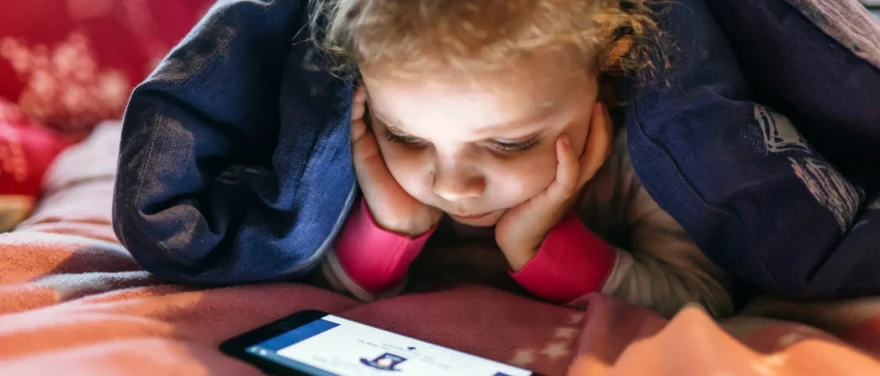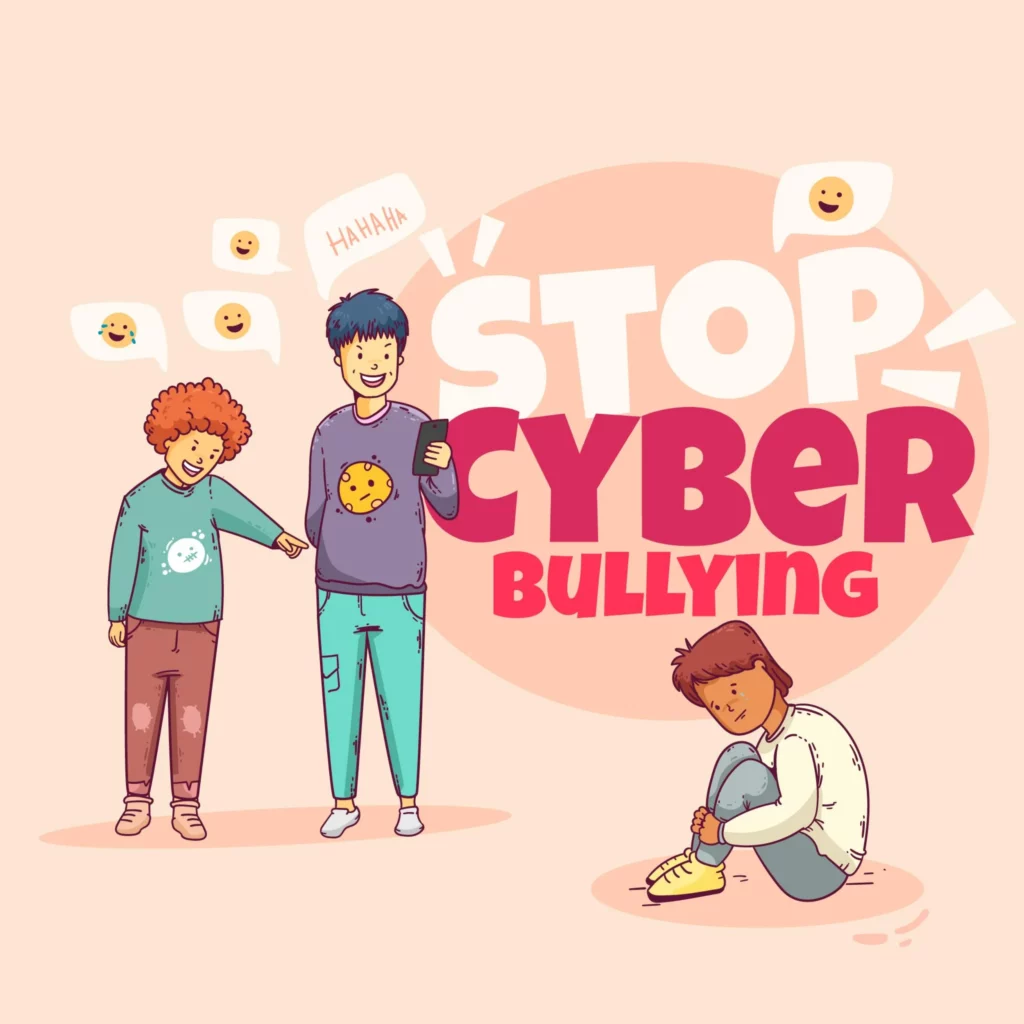
If you have ever watched the movie Mean Girls, starring Lindsay Lohan, you probably know what a “burn book / burnbook” is. The Burn Book was a physical book created by a small group of high school students to start terrible rumours, stories, insults and gossip about other girls who attended the same high school. It is just like writing a diary; however, you do not write things about yourself; you write about other people so that you can vent any negative feelings you may have against them.
Burnbook: The Controversial Application
The Burnbook app is adapted from the movie to suit the digital age. There are plenty of Facebook pages and blogs that serve as digital burn books, so the concept itself is not new. However, nothing has become quite as popular as the Burnbook app.
If you visit the app’s website, you will be greeted with this quote by Oswald Chambers: “You are who you are in the dark. All the rest is reputation.” The Burnbook is a free application that is available for both iOS and Android. Although a person should be over 17 to use it, age verification can be easily manipulated, so it is primarily used among teenagers and young adults.
The whole idea behind the application is that you search for communities, schools, and meeting points near your current location. You join a community and then you have the complete freedom to post anything about any topic, including photos, audio messages, and status updates.
Users can leave anonymous comments about people in their lives without having to reveal their identities. They do not have to sign in or create usernames. Kids can pick any name they want and start posting anonymous comments. Other users can comment, like, and up-vote or down-vote content to decide what stays and what gets removed.
The application’s blurb says the following: “Jokes, fails, wins, sightings, shout outs, revelations, proclamations and confessions — they all happen on Burnbook. Together, we can keep a secret.” However, one can only wonder about the type of audience the app makers were targeting given that the name they chose for their app is a notorious symbol of bullying. The application has warned users about harassing others; however, many people still feel that Burnbook’s objective is to encourage bullying.
Burnbook: Cyberbullying Has Never Been Easier
“This app was created to increase cyberbullying. There’s no other reason,” writes one user in a review of the application on iTunes. “The app has become popular at my school and is specifically targeting a small group of people. I wish I could repeat the evil things that were posted so I could get my point across, but I cannot bring myself to spread those gruesome things even further. If you are a parent investigating an app on your child’s phone, I would advise that you immediately delete it,” the same reviewer adds. “Shame on the creators,” writes another reviewer.
Burnbook allows teenagers to anonymously bully those around them. Most of the application’s users would never say the same things to their victim in person. Adolescents are using the app to call each other out without any boundaries; they mention individuals by their last names and share harsh insults and “sexually explicit” compliments.
Burnbook has raised serious concern across the U.S. because it makes anonymous cyber bullying so much easier and brings threats of violence to schools and local communities. The situation is far worse than just increasing cyber bullying. An incident occurred where a student made a threat via the app that they would bring a gun to Del Norte High School in San Diego, California.
There was another incident where someone threatened to shoot up Princeton High School in New Jersey; a lockdown ensued and extra security was added to the school.
Attempts to Minimize Burnbook’s Damage
After the aforementioned incident, Jonathan Lucas, the CEO and developer of Burnbook, told NBC San Diego that changes would be made. He added that “freedom of speech isn’t necessarily freedom of anonymity. Anonymity is a privilege, not a right,” so if this privilege is abused, there will be consequences. “My immediate reaction is that’s awful. The threat of any kind is not something we condone,” he said.
Many young people find the concept behind Burnbook repellent. Parents and students all over the country have decided to use the app in a more positive way. Out of their belief that positive remarks have the ability to deter the negative ones, they have started posting uplifting messages to the youth of their communities.
Opponents of the application have argued that anonymity is not a privilege, as claimed by Lucas, but “the last resource of a coward.” It is quite easy to criticize someone and damage their self-esteem when you are hiding behind a screen, without ever having to reveal who you are.
Parents have expressed their disgust at some of the posts. Parent Cindie Stanley told NBC 5 that she was sad “for these kids whose names are being humiliated.” “It’s anonymous, so they’re saying a lot of things that they would not say if they had their name behind their words,” parent Jamee Cook told NBC 5.
Dangers of Cyberbullying

According to research, children and adolescent that had to deal with cyberbullying experience the following emotions:
– Hurt feelings
– Sadness
– Anxiety
– Depression or other more serious mental health problems
– Anger
– Shame
– Helplessness
– Fear
– Frustration
– Low self-esteem
– Lack of trust in other people
If a child or an adolescent does not deal with these emotions properly, they may resort to the following behaviors:
– Withdrawal, seclusion, and avoidance of social relationships
– Poor academic performance
– Bullying others, to regain their feelings of being in control
– Self-harm
– Suicide, in extreme cases of bullying
Why Is Cyberbullying So Dangerous?
Cyberbullying is in no way less dangerous than in-person bullying; its effects can be equally devastating. In some instances, it may even be more dangerous because of the following reasons:
The Bully Is Anonymous
A child or a teenager can be cyber bullied by a stranger or a close acquaintance and they will never be able to tell who is responsible for their misery. Bullies often feel more empowered to say things they would never say in a face-to-face encounter.
Cyberbullying Is Permanent
Since the advent of the Internet, anything you post online stays there. Forever. When a cyberbully shares an offensive photo, rumor, or video, it may be impossible to remove it off the Internet. When victims repeatedly see the bullying, chances are they are not going to overcome the bullying completely.
Cyberbullying Is Public
That’s the thing about the Internet, anyone can access it. Not only do victims of cyberbullying have to deal with their own emotional scars, they have to do so in public. With the click of a mouse, someone may forward an abusive email to friends or share the bullying on Facebook or Twitter; hence, the bullying goes viral and the victim’s self-esteem continues to suffer.
Cyberbullying Is Everywhere
Unlike real-life bullying that ends when you leave school, cyberbullying follows you home. In today’s technology-infested world, children and teenagers alike are constantly connected to their smartphones, tablets, and computers. So the abuse never really stops and the victims continue to struggle everywhere they go, sometimes without telling anyone else.
In light of the above, one can see why cyber bullying and applications like Burnbook are extremely damaging to a child’s or a teenager’s psychological well-being; bullying just adds fuel to a child’s fire of self-doubt, second-guessing, and self-loathing.
Are you a parent that’s worried about your children’s online presence? Do you want to protect them from cyber bullying? Read this article to find out more about your role in preventing cyber bullying and dealing with it.
